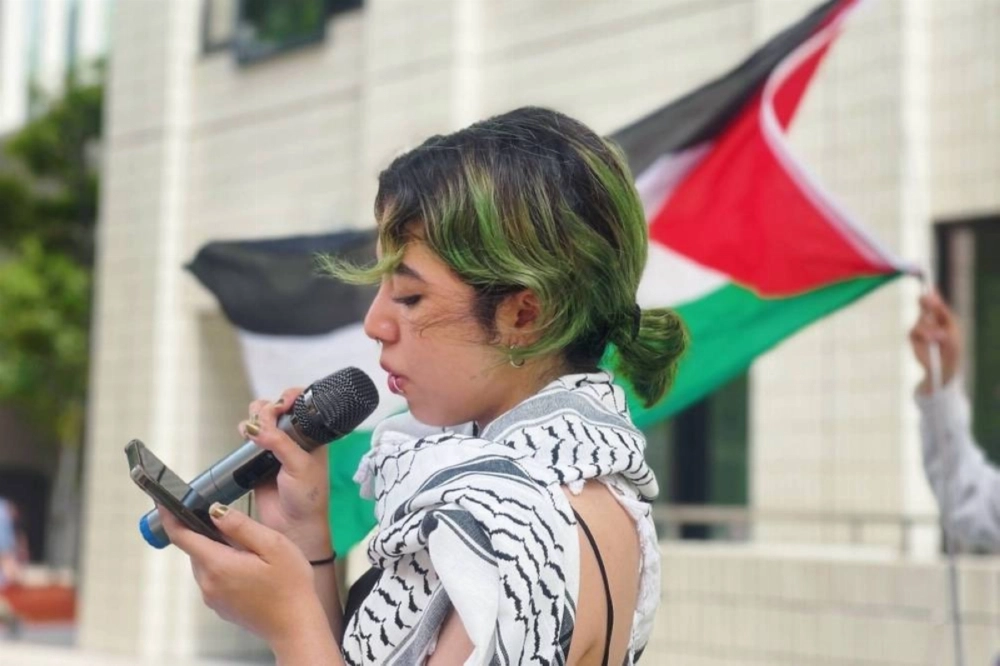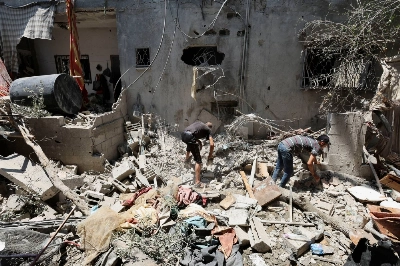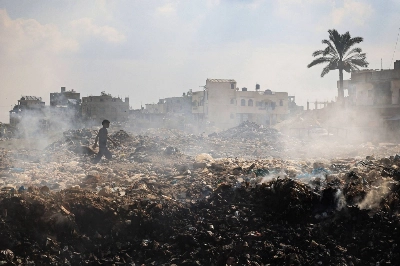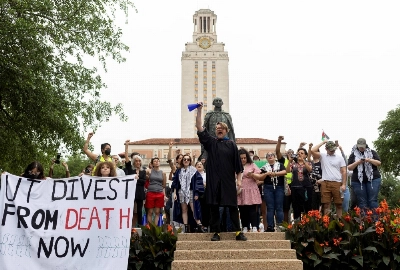Stephen R. Nagy's May 15 op-ed in The Japan Times about protests over the war in Gaza on Japanese university campuses captures our shared horror at the tragedy faced by both Israelis and Palestinians. However, we disagree with his criticism of student protesters’ supposed “lack (of) cognitive empathy” and “critical thinking.”
We are a current and former student of International Christian University (ICU) and have both studied under Nagy, and we are also part of the protest movement. We are not against Israel’s right to defend itself within the boundaries of humanitarian law or the existence of a country for Jewish people to live in.
What we are opposed to is the indiscriminate violence of the last nine months, violations of international law on all sides and, ultimately, the failure of our and other governments to uphold the rights of the Palestinian people over the past 76 years.





















With your current subscription plan you can comment on stories. However, before writing your first comment, please create a display name in the Profile section of your subscriber account page.